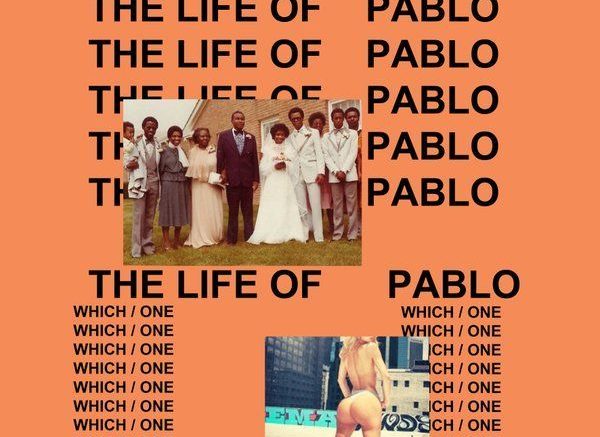Jessica Meiselman is a New York licensed attorney specializing in entertainment and intellectual property issues. Here she explains the recent class action lawsuit brought against Kanye West and Tidal.
A lawsuit filed on Monday claims Kanye West and Tidal lied about Tidal’s exclusivity of his album in an attempt to obtain personal info and drive subscriber numbers. On behalf of himself and other Yeezy fans, Justin Rhett-Baker filed a class action lawsuit against Kanye and Tidal, essentially claiming that Kanye’s statements about Tidal’s exclusivity of The Life of Pablo were lies which led him to sign up for Tidal and give away valuable personal info.
As background, a class action lawsuit brings together a group of consumers with identical claims, often in situations where high costs and low per-person damages may discourage them from filing individual lawsuits. The “class” is the group of people who could stand to receive compensation if the lawsuit is successful. In this case, anyone who signed up or renewed a subscription for Tidal between Feb. 15, 2016 and April 1, 2016 and streamed a track from TLOP during the first 24 hours of sign up are members of the class. If the case goes forward, Tidal’s records will likely be scoured and members will be notified.
Claiming fraud and deception, the complaint points to Tidal statements and Kanye’s own tweets, both of which unequivocally pledge exclusivity of the album to Tidal. Six weeks after the release, TLOP became available on other streaming services and for sale on Kanye’s personal website. Kanye’s status as a part owner of Tidal could also mean that his statements on this point hold even more weight.
Kanye’s infamous Twitter rants and Tidal’s subscriber woes are presented as evidence of desperate and deceptive measures to pull people into the service. His own explanation on Twitter of why he’s personally (extremely) rich, but “needs other people’s money” is used against him, suggesting that it evidences an intention to manipulate consumers to boost his value and the value of his business interests.
The “exclusivity” of the album proved a resounding success for Tidal. In just over a month, the service boasted nearly three million subscribers, up from one million prior to the album’s release. As the millions of new users signed up to listen to TLOP, Tidal requested personal details and access to linked social media accounts. As many Internet-based services—WhatsApp and Instagram are provided as examples—rely on subscriber metrics to value their company for investors, the influx of subscribers dramatically boosted Tidal’s valuation. Tidal, which recently filed suit against the former owners of the service for around $100 million for misrepresenting numbers regarding subscribers, is clearly aware of the value of subscribers. Kanye benefited not only from his own record sales, but also, as a co-owner of Tidal, stands to profit from any monetization of this data by Tidal.
A month and a half after Kanye himself tweeted, “My album will never never never be on Apple. And it will never be for sale,” the album was made available on other streaming services including Apple, and for sale on his personal website. Since many users took advantage of free trials, avoiding the need to pay for Tidal’s services, the case is more concerned with the turnover of personal information which was obtained purely on the basis that doing so would be the only way to listen to the record. Additionally, even though many subscribers left Tidal following the album’s availability on other services, since the company had already turned over their personal information, the damage was already done.
The complaint requests unspecified actual and punitive damages, as well as payback for any fees already paid to Tidal. In addition to paying out damages, the complaint demands that Tidal delete all personal information, cancel any free subscriptions that were created shortly after TLOP’s release, and cease any monetization efforts from the illegally obtained information.
In Tidal’s defense, there are probably legitimate reasons why a service like Tidal would take a user’s basic information, such as to verify age or residency. However, how much other information Tidal pulled and retained from users inevitably weighs on the viability of this case. If it proceeds, the lawyers for the class will certainly attempt to obtain any records from Tidal regarding use of the information. While the case may have some merit on consumer deception grounds, whether or not the information obtained was used or has value in the context of Tidal’s business will be pivotal in proving the existence of actual damages. Tidal and Kanye now have 30 days to respond to the complaint, and it will be interesting to see how this plays out. More importantly, will this encourage Kanye to be more careful about what he says on Twitter?
Source: www.complex.com





Be the first to comment on "We Had a Lawyer Break Down the Fan Lawsuit Against Kanye West and Tidal Over ‘The Life of Pablo’"